Vujanović, Cvetković meet in Belgrade
Montenegrin President Filip Vujanović met Tuesday with Serbian Premier Mirko Cvetković in Belgrade on Tuesday.
Tuesday, 19.05.2009.
12:54

Montenegrin President Filip Vujanovic met Tuesday with Serbian Premier Mirko Cvetkovic in Belgrade on Tuesday. Vujanovic said after the meeting that the two countries should expand their cooperation in the sphere of the economy and European integrations. Vujanovic, Cvetkovic meet in Belgrade He also told a news conference that he and Cvetkovic discussed EU visa liberalization for the both countries' nationals, expressing hope that this would happen soon. Vujanovic said that there are potentials for cooperation in all economic spheres and that it is necessary to do everything to secure conditions for the better life of the peoples of Serbia and Montenegro. He also touched upon the issue of dual citizenship, noting that he and Cvetkovic concluded that, although there are conceptual differences "it is necessary to find possibilities to adopt the dual citizenship agreement in keeping with the corresponding laws of the two countries and without changing them". Yesterday, Vujanovic met with his Serbian counterpart Boris Tadic. Despite differing stances on Kosovo, the presidents believe that better relations between Serbia and Montenegro are possible, it was announced after their meeting. Besides economic cooperation and investment, the two presidents also discussed divisive issues that continue to sour relations between the two countries—Montenegro’s recognition of Kosovo’s unilateral independence declaration, the return of Montenegro’s ambassador to Belgrade, and the question of dual citizenship. Belgrade’s anger regarding the recognition of Kosovo and Podgorica’s responses about recognizing the political reality in the region were replaced with more moderate rhetoric on this occasion. The presidents agreed that the stances of the two countries on Kosovo’s status had not changed, but that that should not be an obstacle to normalizing bilateral relations. “The Kosovo question remains open, Serbia will not recognize Kosovo independence. We are not making any secret of the fact that Montenegro’s recognition of Kosovo hurt us because it happened at a delicate moment, just when Serbia was opening the debate on Kosovo’s status before the International Court of Justice, and after our initiative and resolution was accepted by the UN General Assembly,” Tadic said. He said that the question of the status of the two ethnic groups was important, and that it was unacceptable to Belgrade for Serbs to receive only the status of a minority in Montenegro, and that they were an autochthonous people. The question of dual citizenship also remains unresolved, because the two countries have failed to find a common tongue in talks or harmonize their stances or laws. “You know that the dual citizenship agreement was discussed on a number of occasions by our side and the Serbian side at the level of ministries and their delegations,” Vujanovic said. “I expect there’ll be a final meeting soon, and that we will overcome the conceptual differences in approaches to the dual citizenship agreement, which will be in the interests of the citizens and both countries, and will preserve the different concepts of dual citizenship that the two different laws have,” Vujanovic said. Tadic said that talks would be held soon on the return of the Montenegrin ambassador to Belgrade, who was expelled from the country when Podgorica recognized Kosovo. However, if Montenegro goes ahead with plans to open an embassy in Pristina, a new reaction from Belgrade can be expected, said Foreign Ministry Political Director Borislav Stefanovic. Even though he does not believe that this will happen, Stefanovic said that Serbia would have a suitable response prepared. “The decision will be in accordance with moves made by the other side,” Stefanovic told B92. Regardless of the political disagreements, economic cooperation between the two countries is on a high level, according to Tadic and Vujanovic, though there is scope for further progress too.
Vujanović, Cvetković meet in Belgrade
He also told a news conference that he and Cvetković discussed EU visa liberalization for the both countries' nationals, expressing hope that this would happen soon.Vujanović said that there are potentials for cooperation in all economic spheres and that it is necessary to do everything to secure conditions for the better life of the peoples of Serbia and Montenegro.
He also touched upon the issue of dual citizenship, noting that he and Cvetković concluded that, although there are conceptual differences "it is necessary to find possibilities to adopt the dual citizenship agreement in keeping with the corresponding laws of the two countries and without changing them".
Yesterday, Vujanović met with his Serbian counterpart Boris Tadić. Despite differing stances on Kosovo, the presidents believe that better relations between Serbia and Montenegro are possible, it was announced after their meeting.
Besides economic cooperation and investment, the two presidents also discussed divisive issues that continue to sour relations between the two countries—Montenegro’s recognition of Kosovo’s unilateral independence declaration, the return of Montenegro’s ambassador to Belgrade, and the question of dual citizenship.
Belgrade’s anger regarding the recognition of Kosovo and Podgorica’s responses about recognizing the political reality in the region were replaced with more moderate rhetoric on this occasion.
The presidents agreed that the stances of the two countries on Kosovo’s status had not changed, but that that should not be an obstacle to normalizing bilateral relations.
“The Kosovo question remains open, Serbia will not recognize Kosovo independence. We are not making any secret of the fact that Montenegro’s recognition of Kosovo hurt us because it happened at a delicate moment, just when Serbia was opening the debate on Kosovo’s status before the International Court of Justice, and after our initiative and resolution was accepted by the UN General Assembly,” Tadić said.
He said that the question of the status of the two ethnic groups was important, and that it was unacceptable to Belgrade for Serbs to receive only the status of a minority in Montenegro, and that they were an autochthonous people.
The question of dual citizenship also remains unresolved, because the two countries have failed to find a common tongue in talks or harmonize their stances or laws.
“You know that the dual citizenship agreement was discussed on a number of occasions by our side and the Serbian side at the level of ministries and their delegations,” Vujanović said.
“I expect there’ll be a final meeting soon, and that we will overcome the conceptual differences in approaches to the dual citizenship agreement, which will be in the interests of the citizens and both countries, and will preserve the different concepts of dual citizenship that the two different laws have,” Vujanović said.
Tadić said that talks would be held soon on the return of the Montenegrin ambassador to Belgrade, who was expelled from the country when Podgorica recognized Kosovo.
However, if Montenegro goes ahead with plans to open an embassy in Priština, a new reaction from Belgrade can be expected, said Foreign Ministry Political Director Borislav Stefanović.
Even though he does not believe that this will happen, Stefanović said that Serbia would have a suitable response prepared.
“The decision will be in accordance with moves made by the other side,” Stefanović told B92.
Regardless of the political disagreements, economic cooperation between the two countries is on a high level, according to Tadić and Vujanović, though there is scope for further progress too.











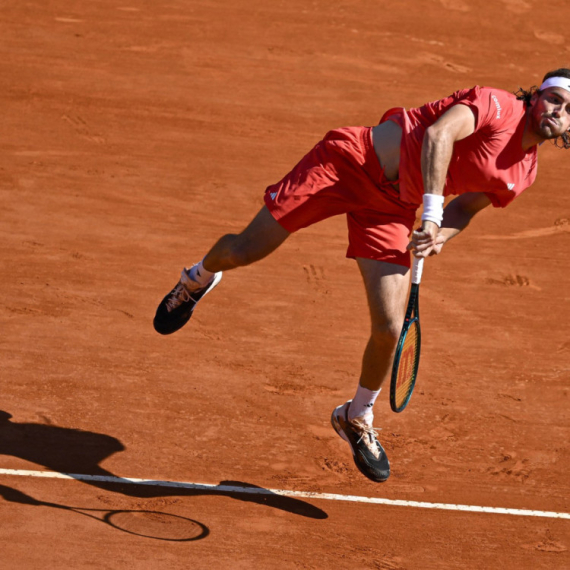
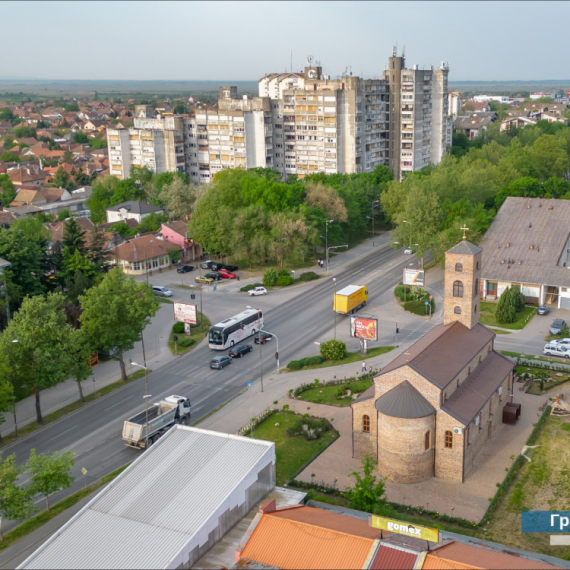
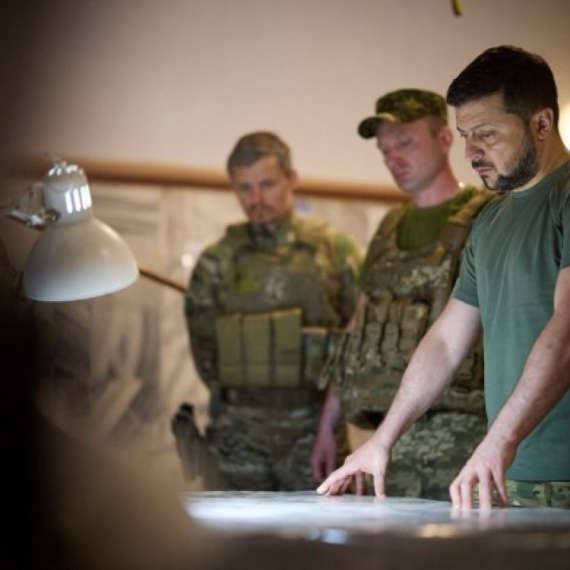
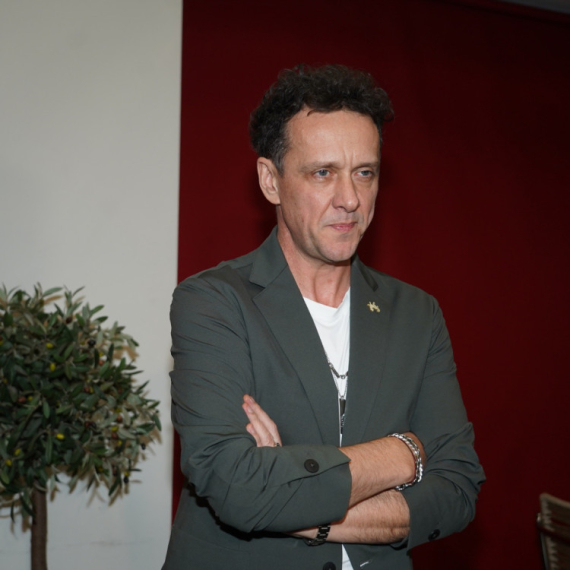
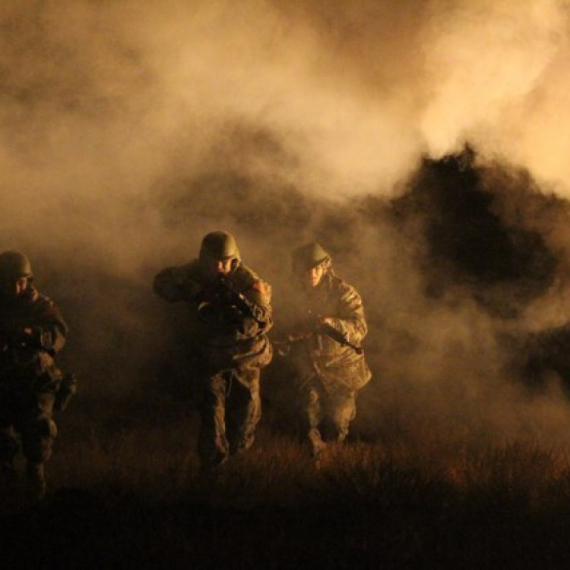
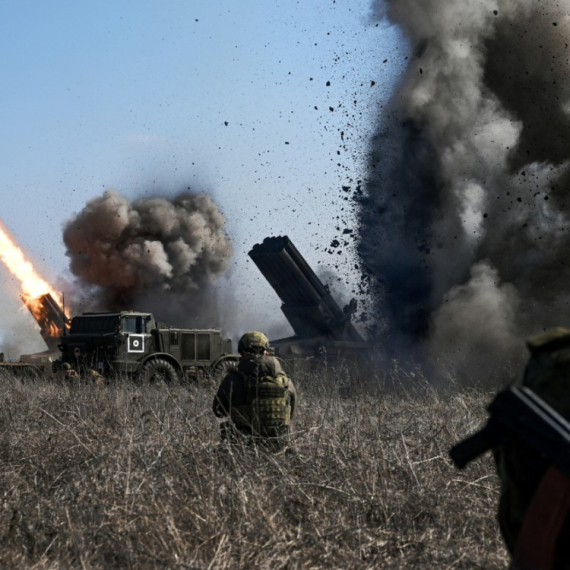
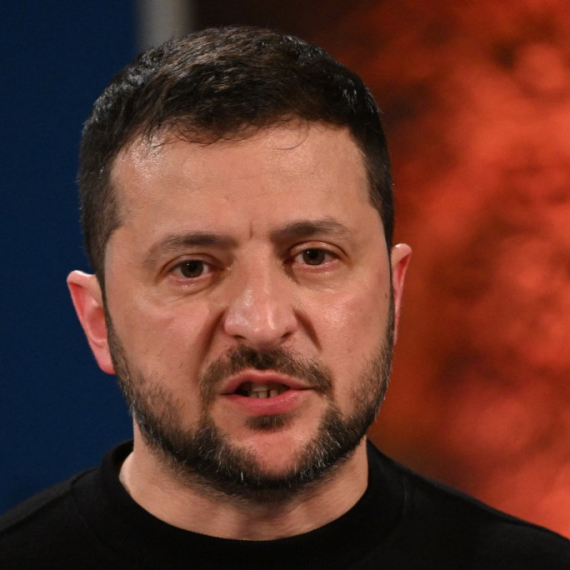
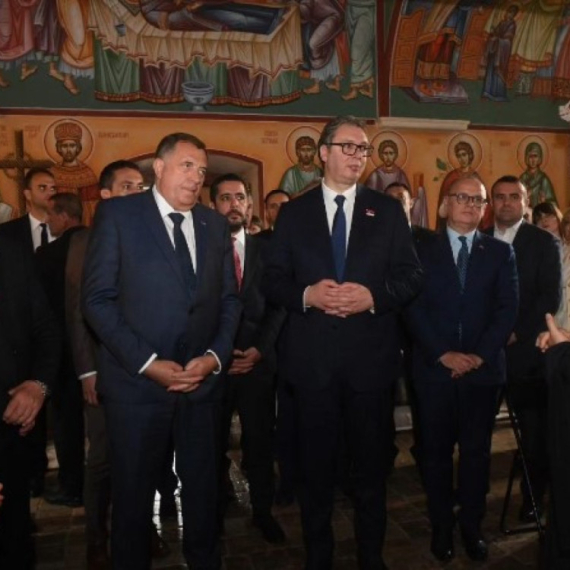
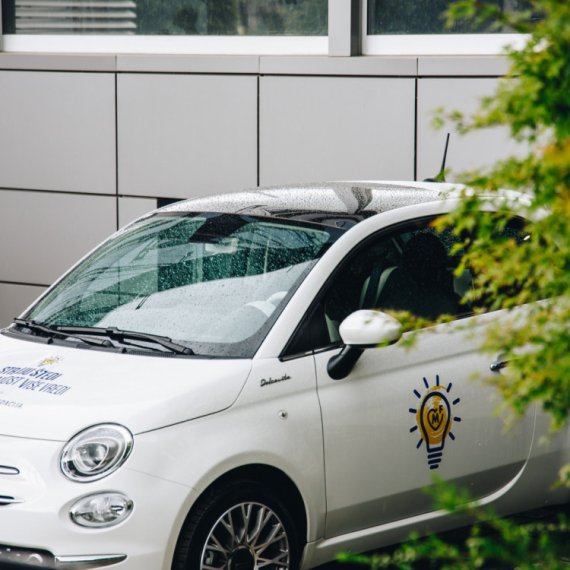
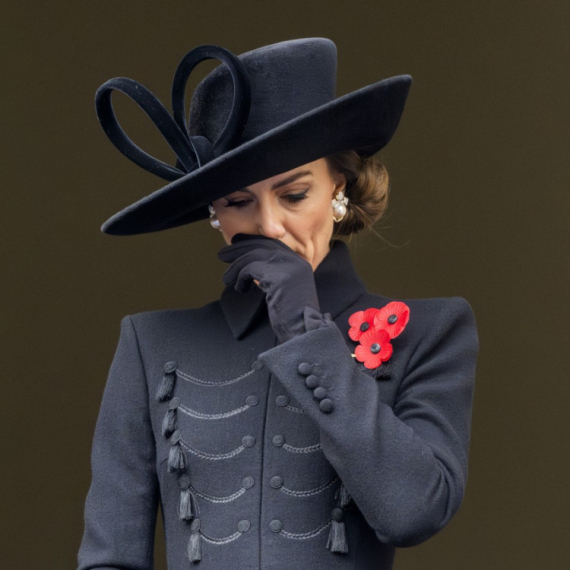





















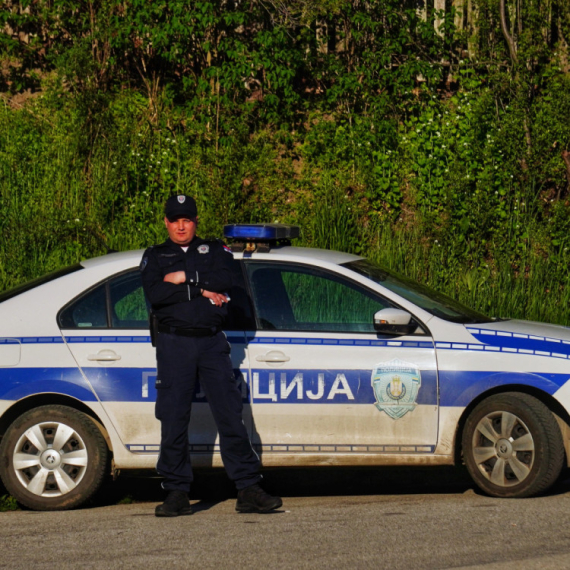



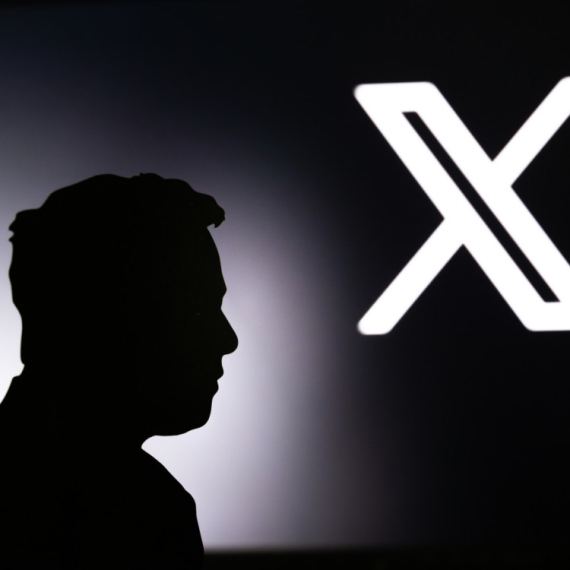

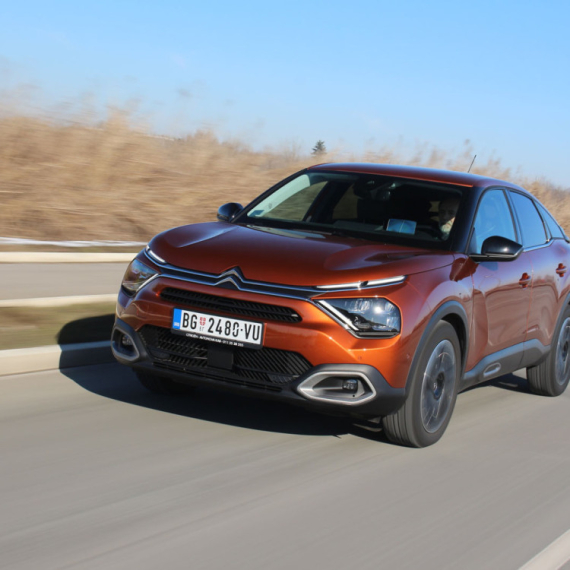










Komentari 6
Pogledaj komentare